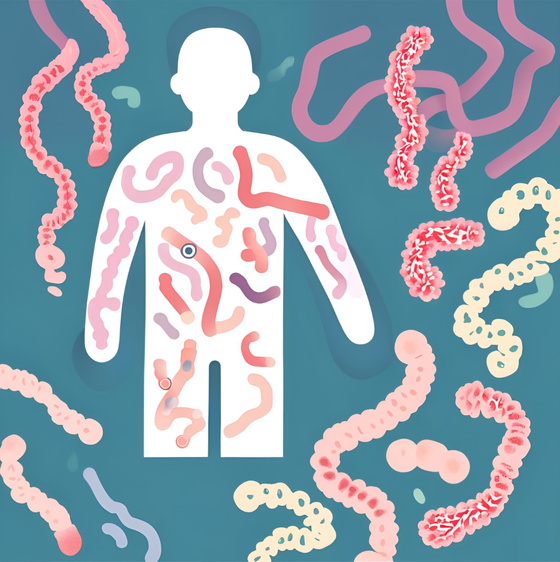Gut Microbiome Characterization
Microbiome Characterization in PE-CGS Cancer Patients Cohorts with Limited Research Data
Project Snapshot
Did you know?
Diet, lifestyle, and environmental factors shape gut microbiome composition which, in turn, influences health conditions like colorectal cancer in populations with limited research data.
Goal
To explore associations between microbial composition of colorectal cancer (CRC) patients with limited research data and their clinical factors (e.g., age at diagnosis, diet, cancer progression and genetic changes).
Method
- Collect patient stool samples to compare with publicly available datasets and CRC patients from well-studied groups.
- Use a CRC mouse model to validate findings and explore associations with age-of-onset and diet.
Implications
Integrating microbiome data with genomic data will offer insights into cancer initiation and progression among patient populations with limited research data which will help in identifying personalized treatment approaches.

Project Deep Dive
Summary:
The gut microbiome significantly influences how tumors form, grow, and respond to treatment. Cultural factors such as dietary habits, lifestyle choices, and environmental exposures heavily influence gut microbiomes, which are likely linked with varying health conditions across populations. Colorectal cancer (CRC) has been extensively studied in relation to the microbiome, given the colon's rich microbial diversity. However, little is known about the role of gut microbiome among CRC patients across the PE-CGS Network with limited research data, who often face earlier cancer onset and poorer clinical outcomes. The PE-CGS Network Research Centers—JUNIPER, COPECC and WU-PE-CGS— will collaborate to study the gut microbiome in early- and late-stage CRC patients to explore links between microbial composition and clinical factors, such as age at diagnosis, diet, cancer progression and relevant genetic changes.
Each Research Center will collect stool samples from consented patients and analyze the microbiome to understand the types of microbes present in their gut. They will compare the samples from patients with limited research data against public datasets (e.g., American Gut Project) and CRC patients from well-studied groups. Additionally, they will compare samples from AI and AA patients against H/L CRC samples as AI and AA patients experience earlier onset of cancer. They will also use a CRC mouse model developed by COPECC, to validate findings and explore associations with age-of-onset and diet.
The integration of microbiome data with existing clinical and genomic data collected in the PE-CGS Network will provide a comprehensive understanding of cancer initiation and progression in patient populations with limited research data. These insights could help inform new diagnostic methods and treatment strategies based on microbiome profiles.
